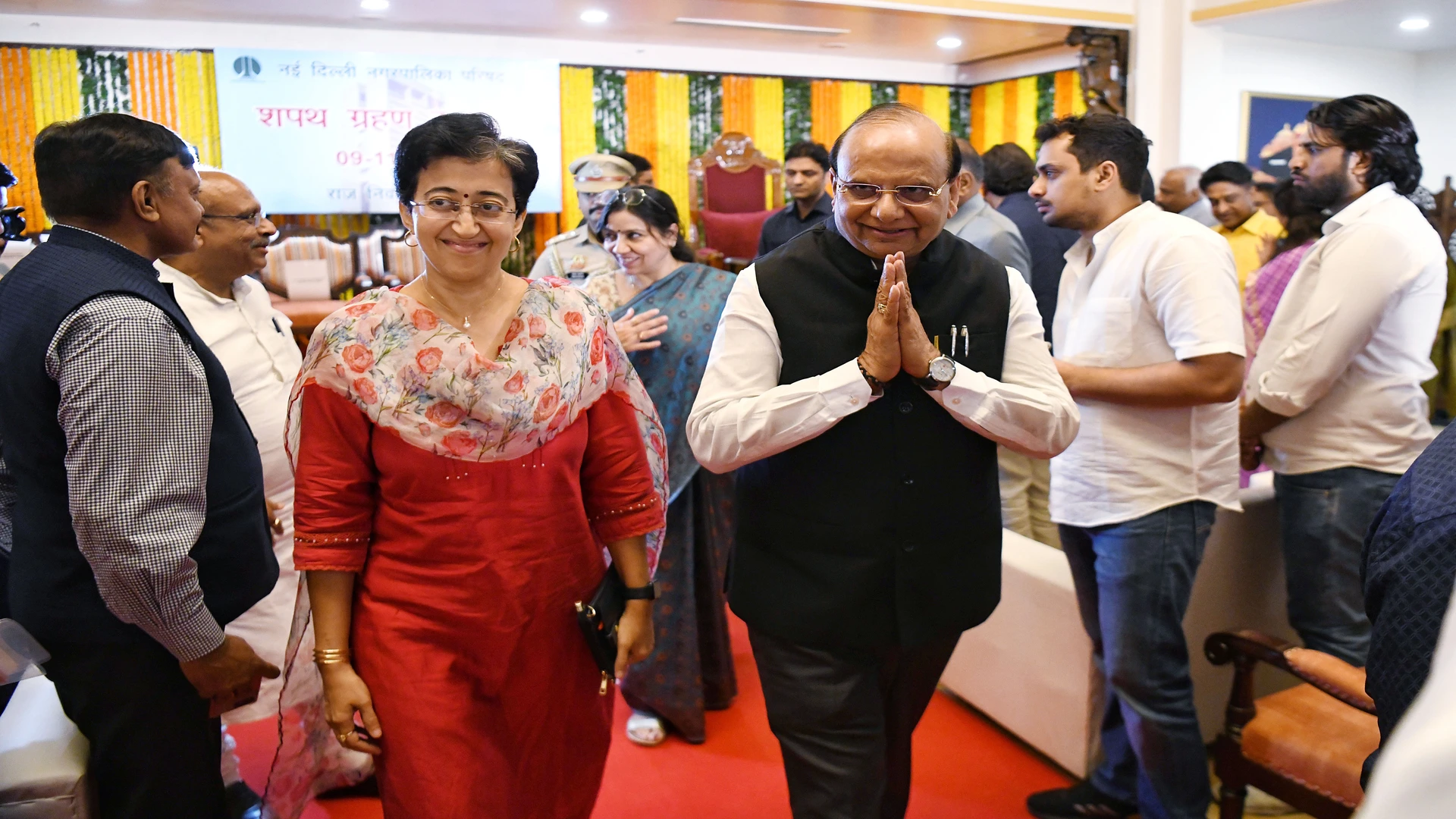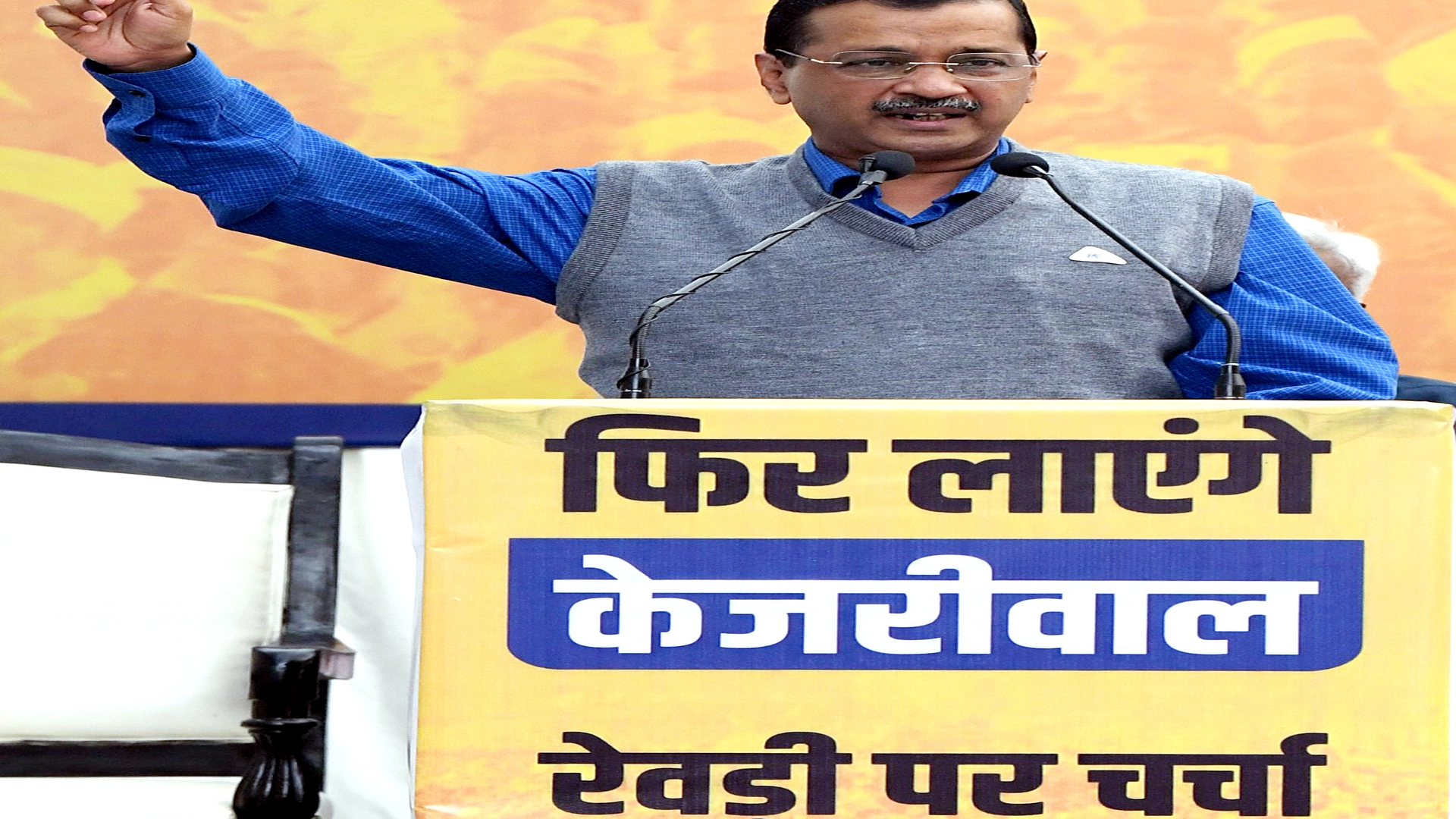
An Indian lecturer who had earlier won her case of discrimination on the grounds of race against the University of Portsmouth has been awarded over GBP 450,000 as compensation by an Employment Tribunal in England.
Dr Kajal Sharma had won her case back in December 2022 after an Employment Tribunal in Southampton ruled that she had been discriminated against when overlooked for a role as a “visible” member of the university’s ethnic minority staff. Her “marked Indian accent” was noted in the judgment at the time and recently a judge concluded that “unconscious bias” was at play in the way the academic, who was appointed to a five-year fixed term secondment as Associate Head for Organisational Studies and Human Resources Management at the university starting January 2016, was treated.
Sharma has now been awarded the compensation with the possibility of around GBP 300,000 additionally, based on her pension calculations.
“The fact that the claimant was not successful in applying for the job she had been doing for five years, meant that a hundred per cent of the black and minority ethnic staff reapplying for their job had not been recruited, whereas 11/12 of white staff applying for their jobs had been recruited,” noted the tribunal, dubbing the recruitment decision “statistically significant”.
The hearing in the case, which took place in Southampton, was also told about a series of related issues involving Sharma’s treatment during bereavement following the death of her father in India. Her husband gave evidence to confirm that her line manager asked his wife to complete various tasks when informed about urgent travel plans to India.
The lecturer told the tribunal she and her manager had a “difficult relationship” and that she considered that he had treated her less favourably than the white candidate, both in the application process, but also that he had treated her less favourably than he had treated or would have treated other white employees over the last five years, on grounds of her colour and diverse background.















